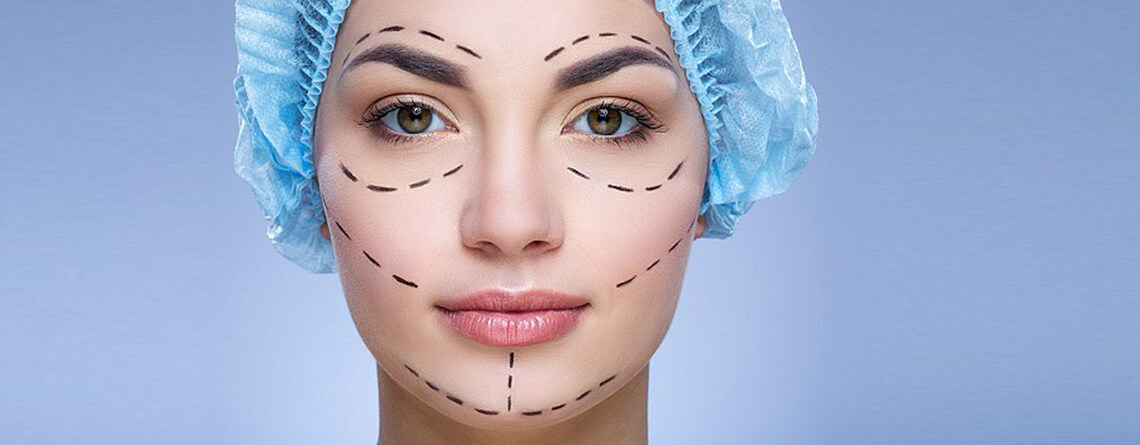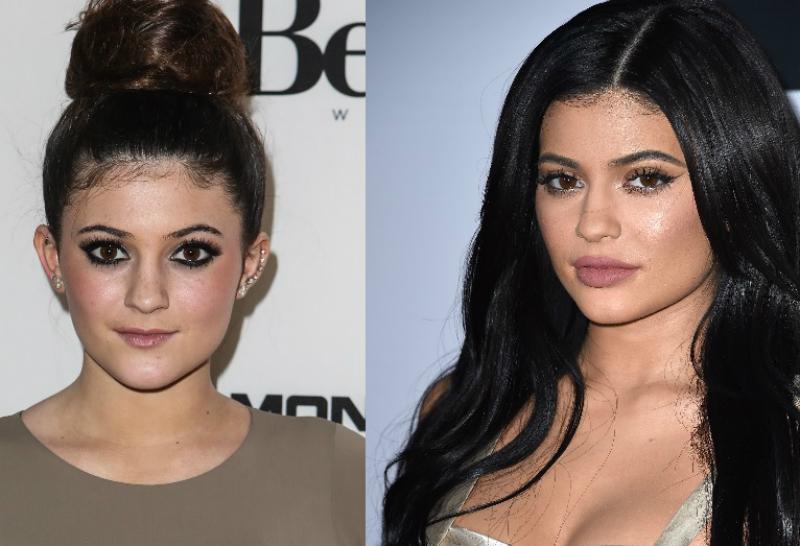The Effect of Self-Image on Decision-Making: Reasons That Several Individuals Seek Cosmetic Surgical Treatment for Physical Improvement
The interplay in between self-image and decision-making is a complex phenomenon, particularly apparent in the increasing pattern of people selecting cosmetic surgical treatment as a method of physical makeover. Encouraged by a desire to fulfill personal perfects and social expectations, several individuals grapple with concerns of self-confidence that can substantially influence their options. As exterior stress from social networks and cultural standards intensify sensations of inadequacy, an important question occurs: what are the underlying mental variables that drive this search of transformed appearances, and what effects do these decisions hold for individuality and wellness?
Recognizing Self-Image
Self-image describes the mental photo and assumption an individual holds regarding themselves, including facets such as physical look, personality type, and general self-regard - mommy makeover rancho cucamonga. This inner representation dramatically influences exactly how people communicate with the globe and can be a driving pressure behind different life choices, including the choice to go through cosmetic surgical treatment
A positive self-image typically correlates with higher self-esteem and a feeling of confidence, cultivating a positive approach to life. Conversely, a negative self-image may result in feelings of insufficiency and dissatisfaction, motivating individuals to look for outside services to viewed defects. This mission for renovation can materialize in the wish for physical change through cosmetic treatments.
Furthermore, social standards and social impacts play a pivotal duty in forming self-image. The pervasive nature of media and peer contrasts can amplify feelings of instability, motivating people to alter their appearance in pursuit of acceptance or approval. Recognizing these dynamics is necessary in comprehending the inspirations behind cosmetic surgical procedure. Eventually, self-image is an intricate construct that intertwines with emotional wellness, societal expectations, and individual aspirations, making it a vital consider the decision-making procedure concerning cosmetic enhancements.
Mental Factors at Play
Numerous psychological elements influence a person's decision to seek plastic surgery, frequently rooted in much deeper cognitive and emotional processes. One substantial variable is reduced self-confidence, which may develop from negative self-perceptions or discontentment with one's appearance. Individuals with reduced self-respect might think that modifying their physical attributes will enhance their total worth and acceptance in social contexts.
Furthermore, the idea of body dysmorphic condition (BDD) plays a crucial role. People experiencing BDD experience an obsessive concentrate on perceived flaws in their look, leading them to look for surgical intervention as a service. This compulsive desire for transformation can dramatically misshape their self-image, driving them to go after treatments regardless of the possibility for unfavorable results.
:max_bytes(150000):strip_icc()/GettyImages-155388326-5b5dfd5f46e0fb00824b134a.jpg)
Societal Stress and Assumptions
A considerable influence on individuals' choices to go through cosmetic surgical procedure comes from social pressures and assumptions that suffuse contemporary culture. In an age controlled by social networks and consistent aesthetic direct exposure, idealized standards of appeal are often showcased, producing a pervasive environment where physical look is extremely scrutinized. Such requirements often dictate what is thought about attractive, leading individuals to really feel obliged to satisfy these suitables.
Moreover, the normalization of cosmetic enhancements in pop culture additionally aggravates these stress - mommy makeover rancho cucamonga. Celebs and influencers openly discussing their surgeries can produce an assumption that such modifications are not just acceptable find yet desirable. This phenomenon can engender feelings of insufficiency in people who may feel their all-natural look does not line up with societal benchmarks
Additionally, the impact of colleagues can not be forgotten. Individuals may experience indirect or straight stress from good friends or household, bring about a communal recognition of plastic surgery as an appropriate ways to achieve an idealized self-image. Consequently, these societal assumptions can significantly influence individual decision-making procedures, typically outweighing intrinsic inspirations for self-improvement and fostering a culture where physical transformation is gone after as a treatment for viewed shortcomings.

Instance Studies and Individual Stories
Numerous individuals have actually shared their personal trips regarding cosmetic surgical procedure, disclosing an intricate interaction in between self-perception and social impacts. As an example, a 34-year-old lady defined how years of sensation poor due to her nose led her to look for nose job. She reported that after the procedure, her self-confidence rose, permitting her to involve even read this post here more freely in social circumstances and advance her occupation. Yet, she acknowledged that her choice was heavily influenced by media representations of elegance.
Likewise, a male patient in his late twenties stated his fight with body dysmorphic problem, which prompted him to go after lipo. His experience highlighted not just a desire for physical makeover however also an aspiration for acceptance among peers. Post-surgery, he revealed a renewed feeling of self-respect, albeit with the awareness that interior validation ought to precede exterior modifications.
These study emphasize a wider trend: people frequently watch cosmetic surgery as a pathway to enhanced self-image. Nevertheless, the stories additionally expose an essential point of view on the stress and assumptions that shape these choices, recommending that personal tales are deeply linked with societal standards and worths.
Alternatives to Aesthetic Surgical Treatment

Skin care therapies, including chemical peels and microdermabrasion, can improve skin structure and tone, dealing with issues like acne marks or irregular coloring. Additionally, laser treatment is an efficient approach for targeting specific skin issues, such as sun damages or vascular lesions, advertising a much more younger look.
For those looking for body change, non-invasive fat decrease techniques like CoolSculpting can help eliminate persistent fat down payments without surgical treatment. Physical fitness programs and nutritional therapy are also crucial devices for people aiming to attain a healthier body photo. Inevitably, these options can offer considerable outcomes while a knockout post aligning with personal convenience levels and preferences, cultivating a favorable self-image without the permanence of cosmetic surgical treatment.
Conclusion
Individuals regularly seek physical transformation in an effort to boost self-confidence and align with perceived requirements of elegance. By exploring alternatives and cultivating a healthier self-image, people might find more sustainable paths to self-acceptance and wellness.
The interaction between self-image and decision-making is a complicated sensation, specifically obvious in the raising pattern of people opting for cosmetic surgical treatment as a means of physical improvement.Numerous psychological aspects affect an individual's choice to seek cosmetic surgical treatment, typically rooted in much deeper emotional and cognitive processes.A substantial influence on individuals' decisions to undertake cosmetic surgery stems from societal pressures and expectations that infuse contemporary culture. Individuals might come across straight or indirect stress from buddies or household, leading to a common recognition of cosmetic surgical procedure as an appropriate ways to achieve an idealized self-image.Lots of people have shared their individual journeys relating to cosmetic surgical procedure, revealing an intricate interaction between self-perception and social influences.